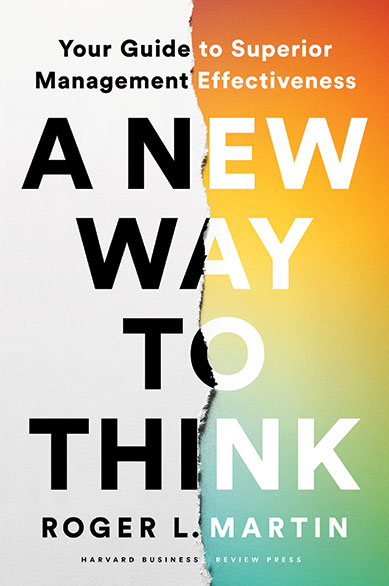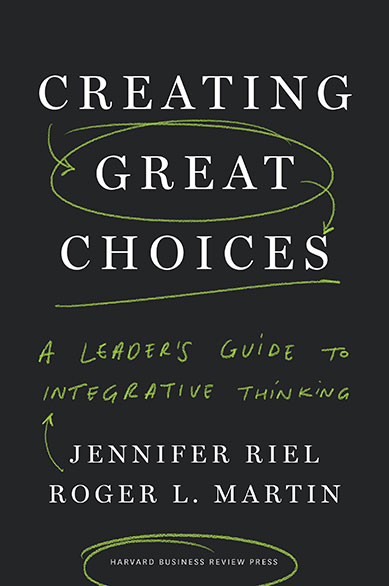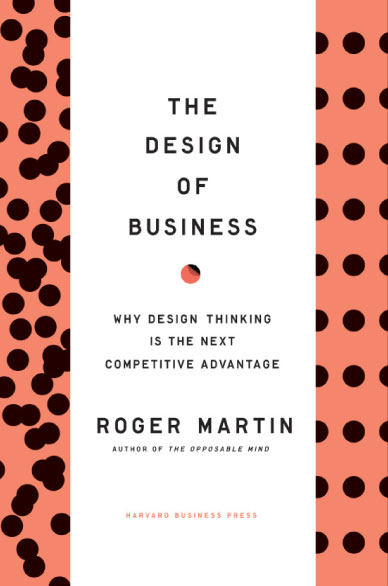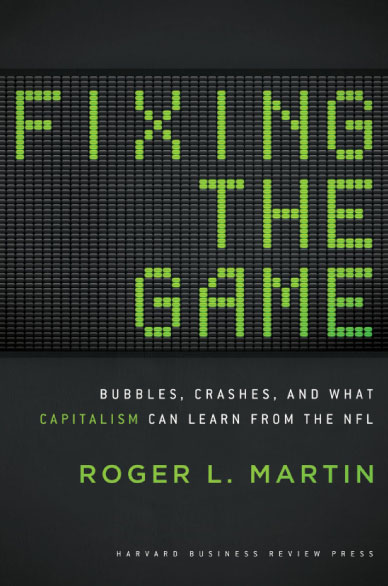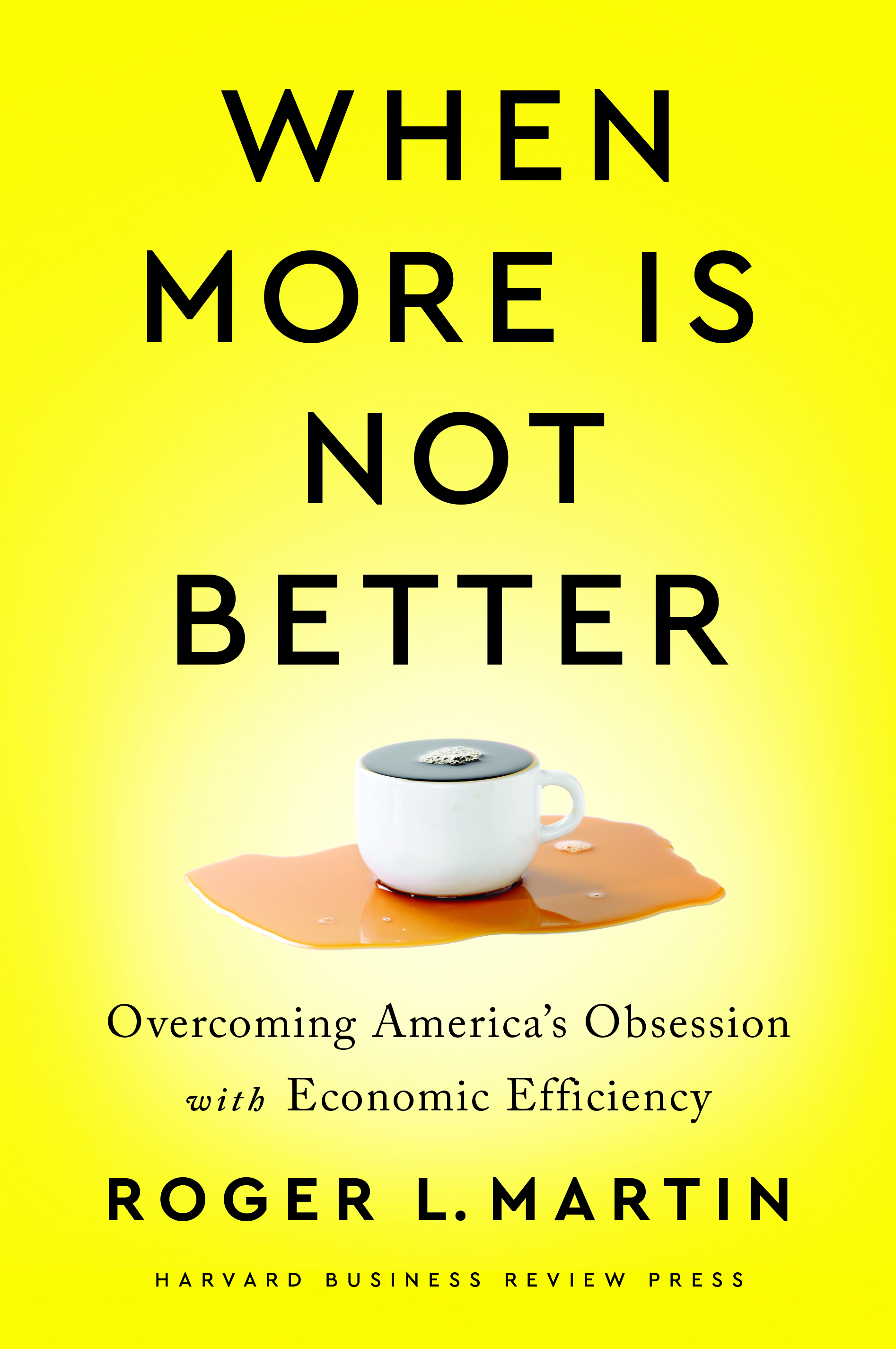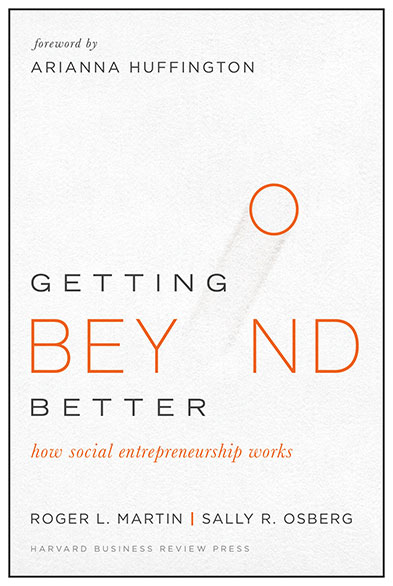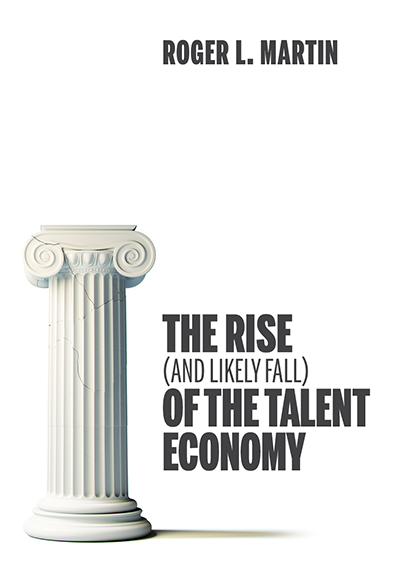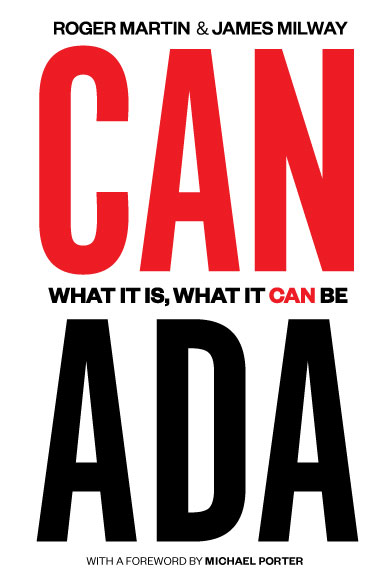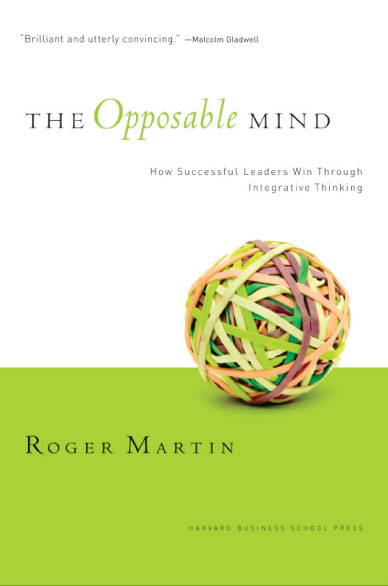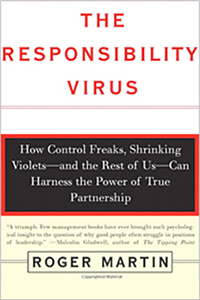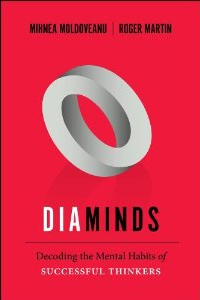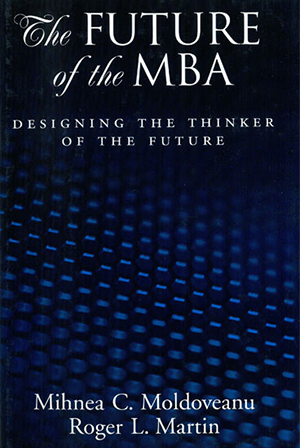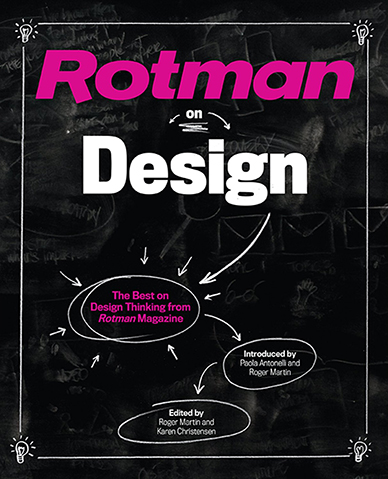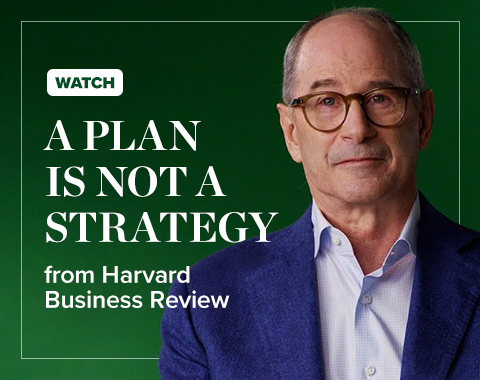Canadians have achieved an enviable balance of economic prosperity and civic harmony, but as emerging countries like China, India, and Brazil take their place alongside developed economies, we cannot be complacent. Our high paying jobs, world-class learning and research institutes, excellent health care, and social safety nets exist only to the extent that we are innovative and competitive globally.
Canada: What It Is, What It Can Be provides an incisive examination of this country's increasing prosperity gap – the difference in value between what we do create and what we could create if we performed at our full potential. As Roger Martin and James Milway demonstrate, although we are proud of our trading prowess, we do not participate as aggressively in world markets with innovative products and services as we could. While we want to take risks to achieve success, our business strategies and economic policies need to set the bar higher to achieve the success we want for Canada.
Written in an accessible style that helps general readers understand complex economic concepts, Canada: What It Is, What It Can Be exposes the myths currently guiding our public policy, and provides ground-breaking new approaches for realizing our full prosperity potential.
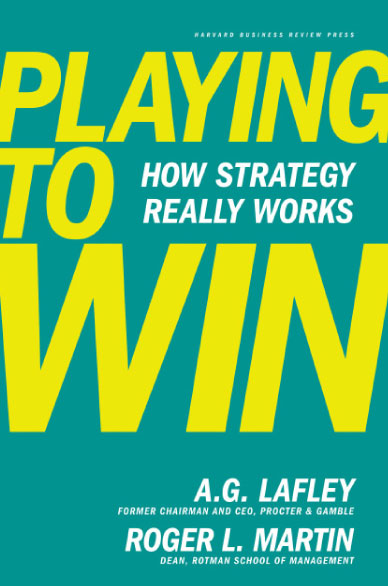 Buy the book
Book roger to speak
Buy the book
Book roger to speak

